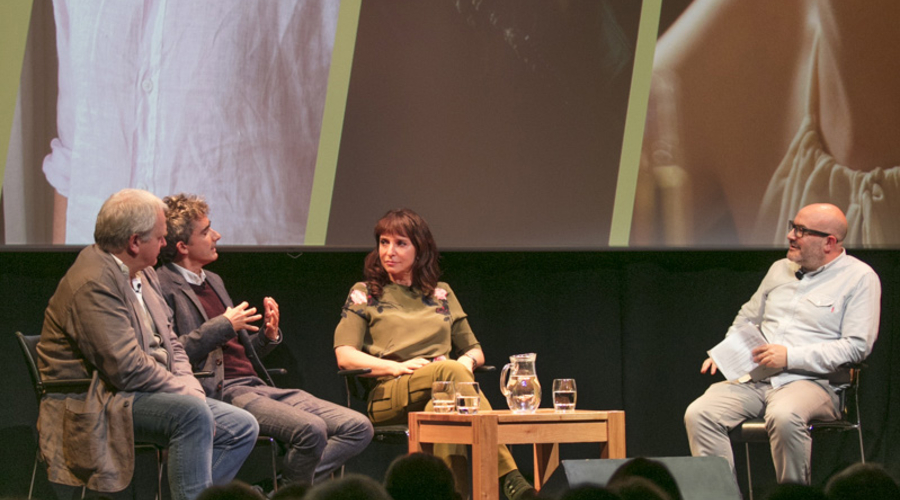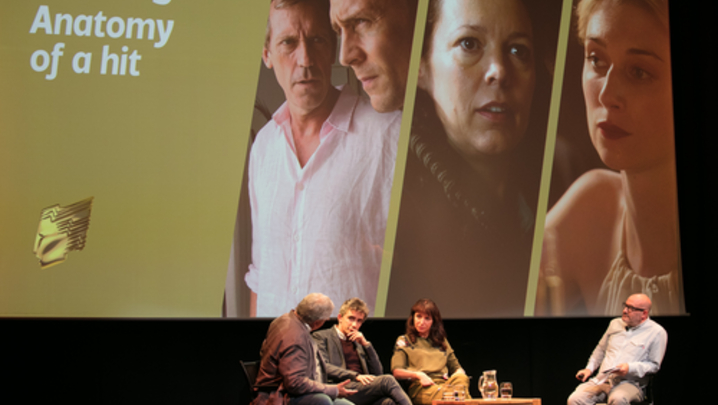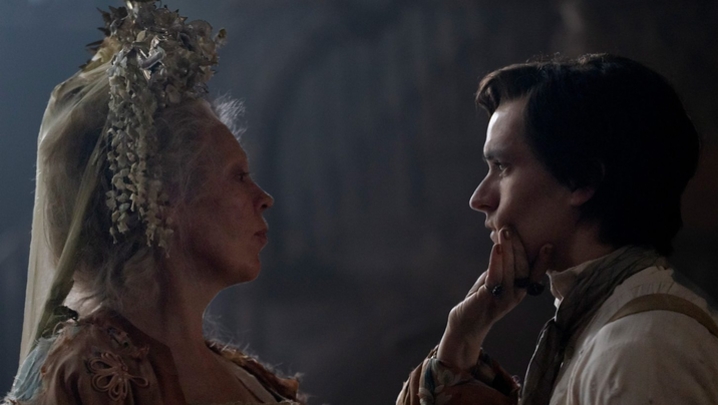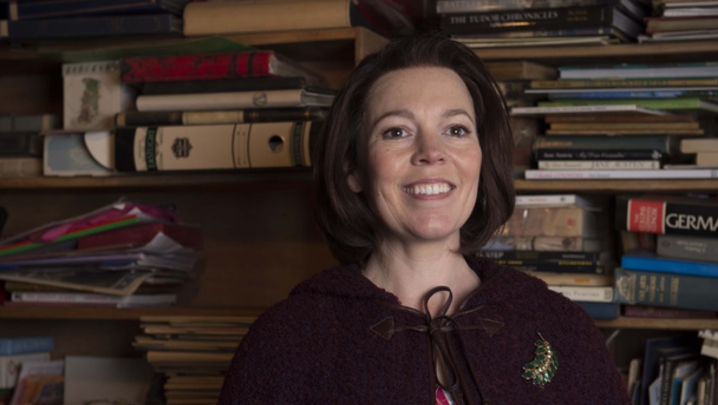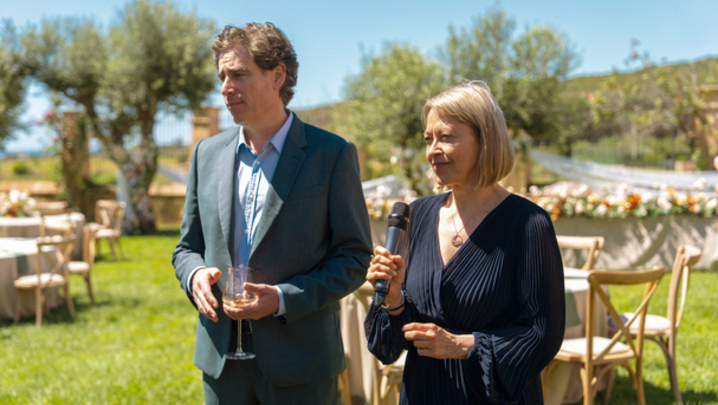The multi-award winning film director Susanne Bier thinks that in terms of writing at present TV is a much more creative medium than film.
She said that long-form TV drama was where the best writing now took place.
“I’ve probably read 100 scripts in the last five or six weeks and there is no doubt that primarily the great writing is in television, it’s way better,” said Bier.
“There are exceptions. There are a couple of good feature scripts but in general it’s much better in TV.”
Bier, the only living woman to have won an Oscar, an Emmy and a Golden Globe, was speaking at an RTS event, The Night Manager – Anatomy of a Hit.
She joined fellow panellists, screenwriter David Farr and Simon Cornwell, the show’s executive producer and son of John Le Carré, on whose 1993 spy novel the series was based.
A capacity crowd at King’s Place, King’s Cross in central London were given a fascinating insight into the making of what is widely regarded as one of the best new dramas of 2016.
Shown on BBC One in the UK and the AMC cable channel in the US The Night Manager was recently nominated for 12 Emmys winning the outstanding director award for Bier.
The show’s cast included Hugh Laurie, Olivia Colman, Tom Hiddleston, Tom Hollander and Elizabeth Debicki.
Le Carré, whose stories have often been adapted by film makers, has said he believes The Night Manager captured the novel’s essence.
This was despite Farr’s script deviating from the original plot and turning one of the leading characters, under-resourced MI5 agent Burr, into a female played by Olivia Colman.
Cornwell told the RTS: “He (Le Carré) was very supportive of the journey. He is very ready to interrogate the journey…
“I don’t know if this is the ninth or tenth adaptation of one of his books.
“He’s learned that the book has to be the starting point, not the end point for the film-making process.
“On paper [this] is the freest adaptation of a Le Carré novel… It’s updated to the present, it takes place in a different part of the world…The moral heart of the novel, the Smiley character is a woman," Cornwell added.
“Beyond that, I would say from the end of episode four onwards we’ve departed quite substantially even from the plot’s basic elements.
“You can’t get much freer than that. At the same time if my father were here tonight he would say in lots of ways it’s the truest adaptation of his work.”
The three panellists agreed that the core of the story is Roper’s obsession for Pine, rather than the love affair between Pine and Roper’s mistress Jed.
Bier said: “Just to avoid any misunderstanding, the love story of this novel is between Roper and Pine.
“There are other love stories going on but the primary love story is between Roper and Pine…That is the engine.
“There’s been so much talk about Jed and Pine, [but] it’s still secondary to the main story.”
Farr added: “There’s a father-son thing clearly going on. Pine’s father is dead. Roper’s son is either a disappointment or too young to take the mantle on.
“Roper is just like a king desperately seeking an heir. He is like a malevolent Shakespearian king seeking an heir because he can’t be immortal.
“The great thing about those sort of characters is the one thing they can’t defeat is death. They hate it.
“They’ve got all the money in the world but they can’t defeat death. How you defeat death is through having an heir.”
Farr added: “Like all of Le Carré, The Night Manger is about power, love and betrayal.”
The Night Manager – Anatomy of a Hit, was an RTS early evening event held at King’s Place on October 10. The producers were Sally Doganis and Barney Hooper.
A full report of the event will be published in the November edition of Television magazine or to watch the full event video, click here.

